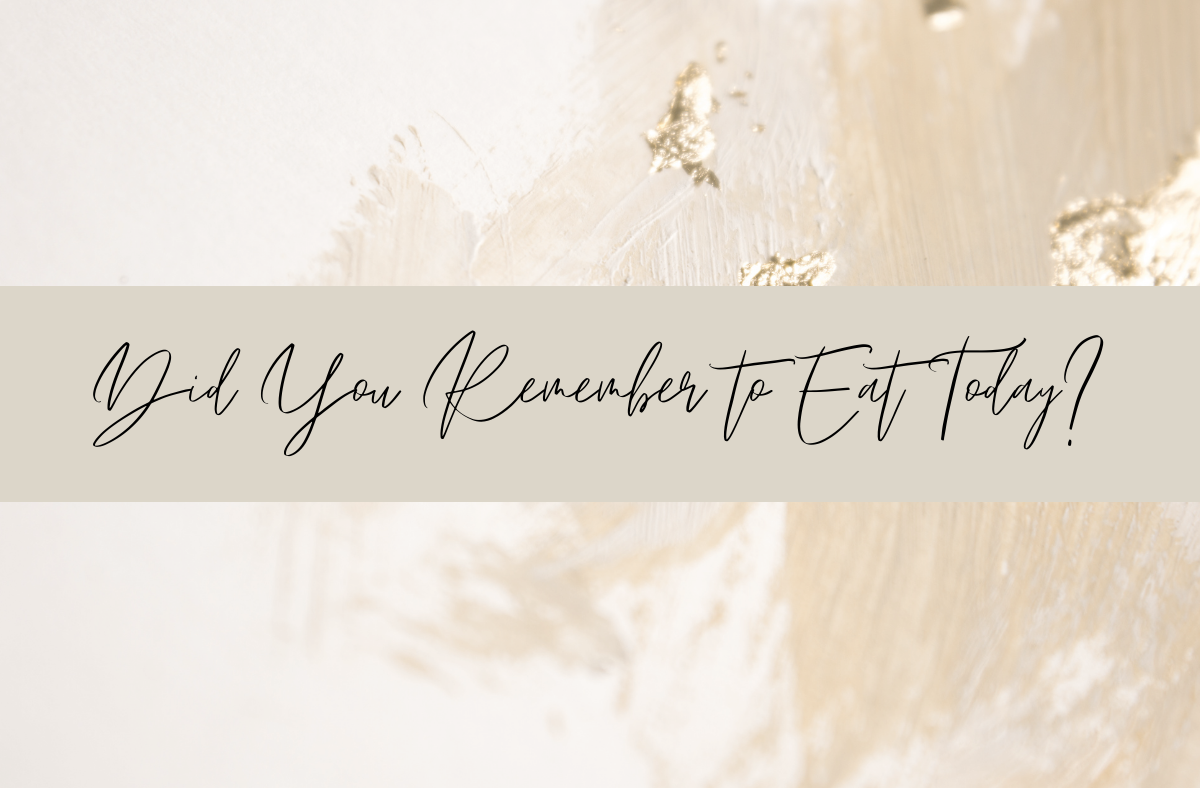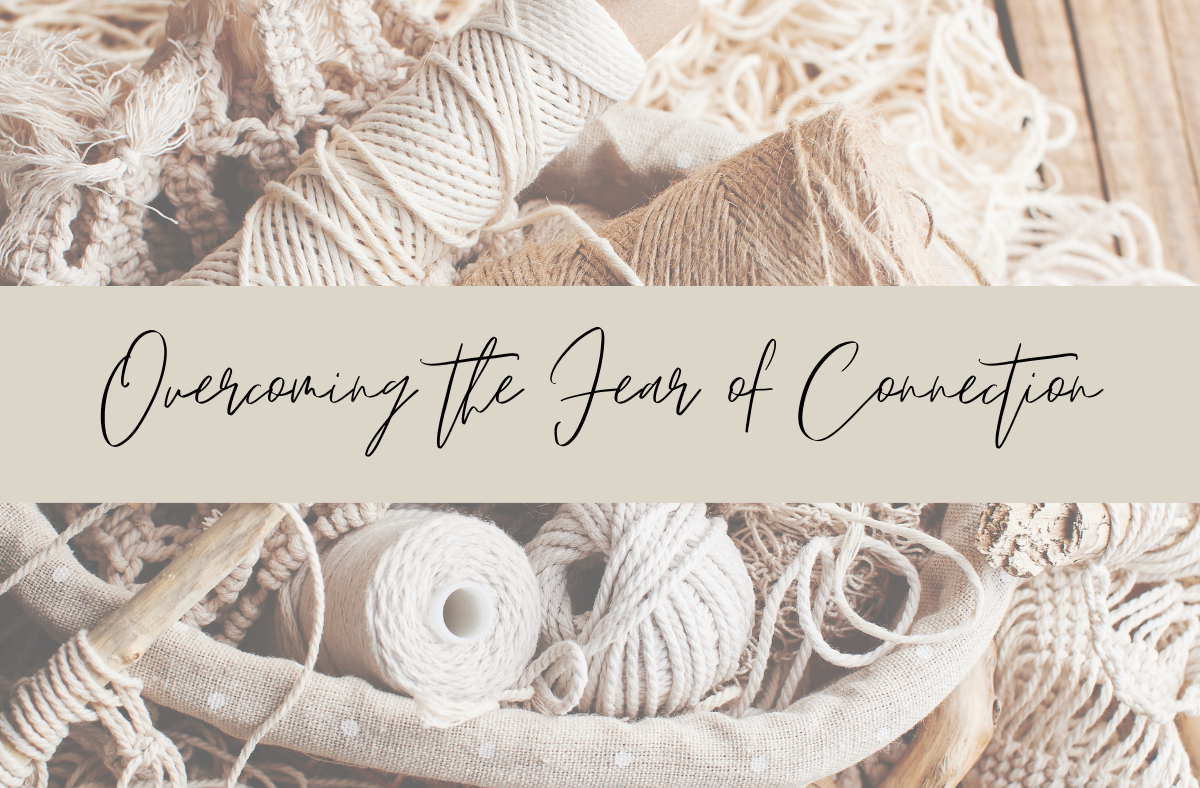
The Author Wants You to Know...
Name: Molly Poulter Williams
Pronouns: she/her
Age: 30
Diagnosis of ADHD (combined type) in 2023
Instagram: @mynameismollyjoy

"I needed to start figuring out how to live a life that was more aligned with my ADHD brain, for the sake of my wellbeing long term..."
I am a late-diagnosed ADHDer, which basically means that I wasn’t diagnosed as a child and spent the majority of my life so far living without knowing about my own neurodivergence. It was in the summer of 2022 that I had that lightbulb moment and realised that ADHD was the answer to so many of the questions that I had been asking myself, and medical professionals, for many years; why can’t I stay in a job for more than 18-months, how to get my brain to just be quiet for a little while, why am I an anxious mess? It was in January 2023 at the age of 28 that I got my official diagnosis.
I went through a real honeymoon period with my diagnosis, and having spoken to other neurodivergent people this is a common experience. It feels like you have the final piece of the puzzle and everything feels a bit easier for a while because now you’re finally tackling life with the correct instruction manual and are starting to figure out the tools you actually need.

But, as in relationships, the honeymoon period does eventually wear off. I came to realise that even with this new piece of information (that I have ADHD), the struggles I faced before my diagnosis hadn’t miraculously gone away - they were just alleviated for a little while because I understood the “why” better. I came to realise that this “new brain” isn’t new at all - it’s the same brain I’ve had all along, which is continuing to struggle with the same daily tasks and functions. It turns out that a diagnosis doesn’t fix all your problems - who knew?
After that initial honeymoon period of deep diving into research, listening to every ADHD podcast, connecting with other neurodivergent people and seeking out accommodations, I really hit a wall. I had burnt myself out trying to fix everything and learn everything in such a frenzy after my diagnosis, that the pendulum swung completely in the opposite direction and I entered a (possibly inevitable) phase of denial. I was so tired of talking about ADHD and hearing about ADHD and I sort of wished I had never got my diagnosis, and could go back to being blissfully unaware. Except life pre-diagnosis wasn’t blissful, and deep down I knew that.
After some months of taking an ADHD time-out, I slowly started to accept that this wasn’t something I could just sweep under the carpet and pretend didn’t exist. This brain was with me for life. I needed to start figuring out how to live a life that was more aligned with my ADHD brain, for the sake of my wellbeing longterm.

William Shakespeare once wrote; “the course of true love never did run smooth” and arguably the same can be said for the path of post-diagnosis acceptance and learning. I thought that learning more about my own neurodivergence would make things easier, yet for some reason things just kept feeling harder and harder. It felt like, in giving myself permission to acknowledge my ADHD, the struggles suddenly felt like they were coming thick and fast. Even the struggles had their own struggles. Things I was able to do before, I now either found incredibly difficult, or couldn’t do at all. I used to be able to work a full day in our open-plan office, yet now more than a few hours felt impossible.
I know now this is a common experience amongst neurodivergent people. It’s a phenomenon called skill regression, in which we lose the ability to execute certain skills and behaviours - something you were previously very proficient at. Executive functioning skills can deteriorate, memory can worsen, sensory sensitivities can become more intense, all seemingly overnight. Prior to my diagnosis I was presenting as a (and excuse the outdated terminology here but) ‘highly functioning’ adult. I have done all the things that society expects of you by the age of nearly-thirty; university degree, a house and a dog, employed full time and recently married. And now I can barely do my job or leave the house. It felt like I had fallen so far.
Not long ago I read Matt Haig’s The Comfort Book, another of his anthologies of his own thoughts and reflections. I highly recommend it. There is a chapter called Caterpillar in which Haig tells the process through which a caterpillar becomes a butterfly. It’s (spoiler alert) not pretty, but somehow, in the way he tells it, it is.
"In the dark cocoon, a caterpillar falls apart. …It becomes liquid. Mush. …Cocoons must feel like a pretty horrendous place for a caterpillar."
I think we all hold the misconception that cocoons are a warm and cosy space for rest, relaxation and eventually rebirth. That, in its cocoon, the caterpillar is in a state of peaceful rest, quietly growing a pair of beautiful wings, and preparing to take flight as a whole new and transformed being. How often we refer to cosying up under a blanket as “cocooning ourselves” only for cocoons, in reality, to be a place of complete annihilation.

I thought the post-diagnosis path would be my own caterpillar-to-butterfly transformation. I naively thought that with my diagnosis as my wings I would take flight as a new and transformed being, capable of living a life free from the struggles I’d faced before. Instead, receiving my diagnosis triggered the building of my own chrysalis. It has at times been a horrendous place filled with skill regression and self-doubt and more questions than answers. Like the caterpillar, I am mush.
"The caterpillar’s fate has proven a great metaphor for our own misfortunes and struggles. …The greatest changes come from the darkest experiences. We fall apart to become new."
Discovering my neurodivergence hasn’t been an easy ride, but I’m more accepting now of the challenges that this journey brings. And, in a strange way, I can relate to the experience of every caterpillar that has ever become a butterfly. The deeply unpleasant process that takes place inside their chrysalis is a necessary part of their growth. They must completely fall apart before they can grow and become a stronger, more beautiful version of themselves.
If you enjoyed this article, why not read...
Your online magazine showcasing a collection of personal stories intended to empower, inspire & celebrate. If you've enjoyed reading...
Celebration of Self Magazine is property of WAGMAG LTD 2023


